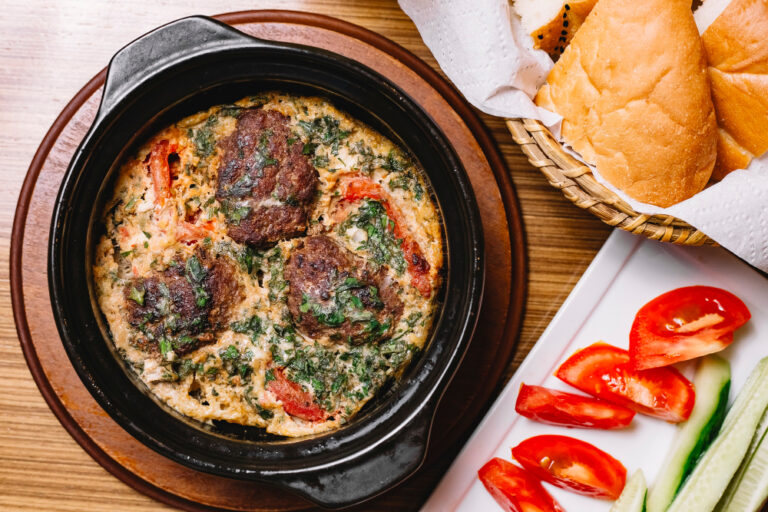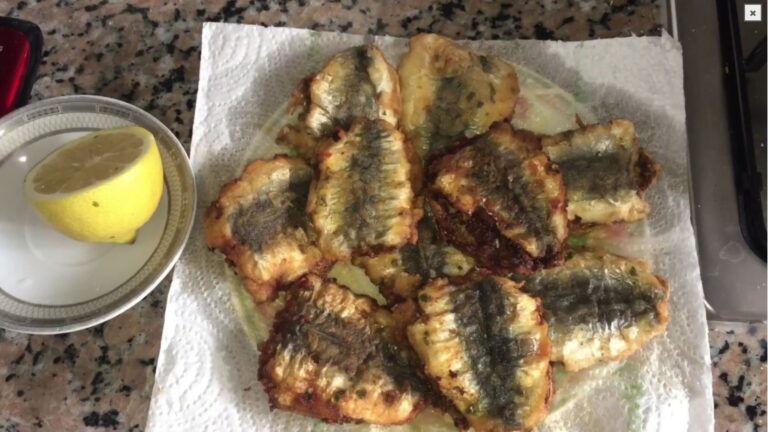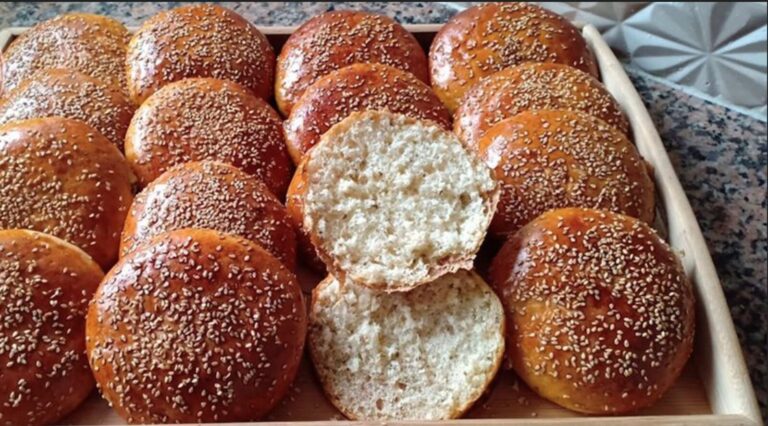
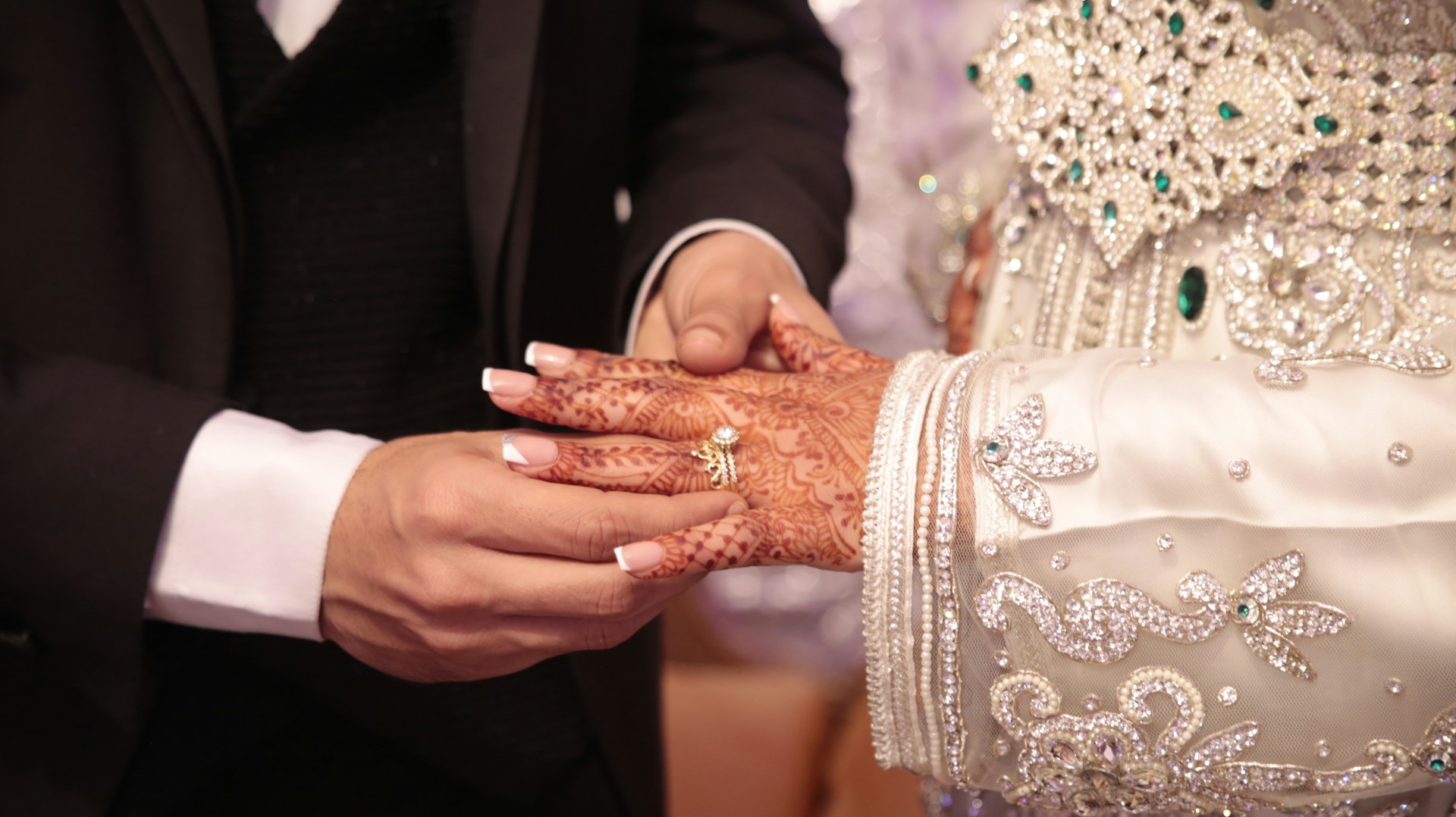
A Moroccan wedding is not just a ceremony; it is an extraordinary cultural experience that blends history, tradition, and celebration. With colorful garments, rhythmic music, symbolic rituals, and lavish feasts, Moroccan weddings are among the most vibrant in the world. Whether you are a traveler lucky enough to attend or simply curious about Moroccan traditions, exploring these celebrations reveals the heart of Morocco’s cultural richness.
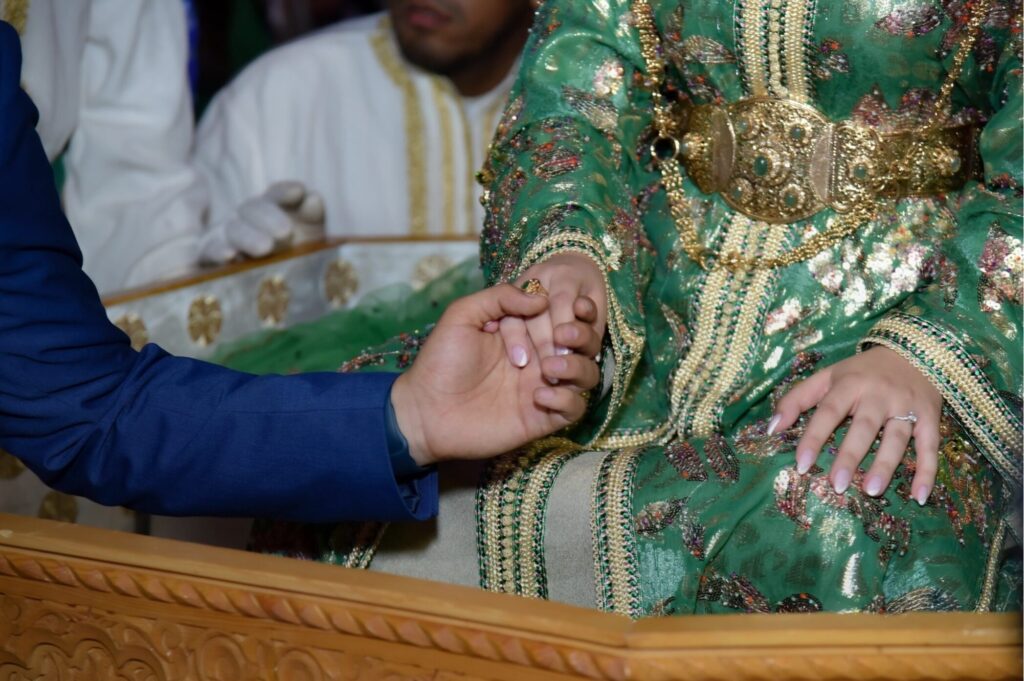
In this guide, we’ll uncover the beauty of Moroccan weddings, from their unique rituals to the atmosphere of joy that fills the air, offering travelers an authentic glimpse into Morocco’s heritage.
The Essence of a Moroccan Wedding
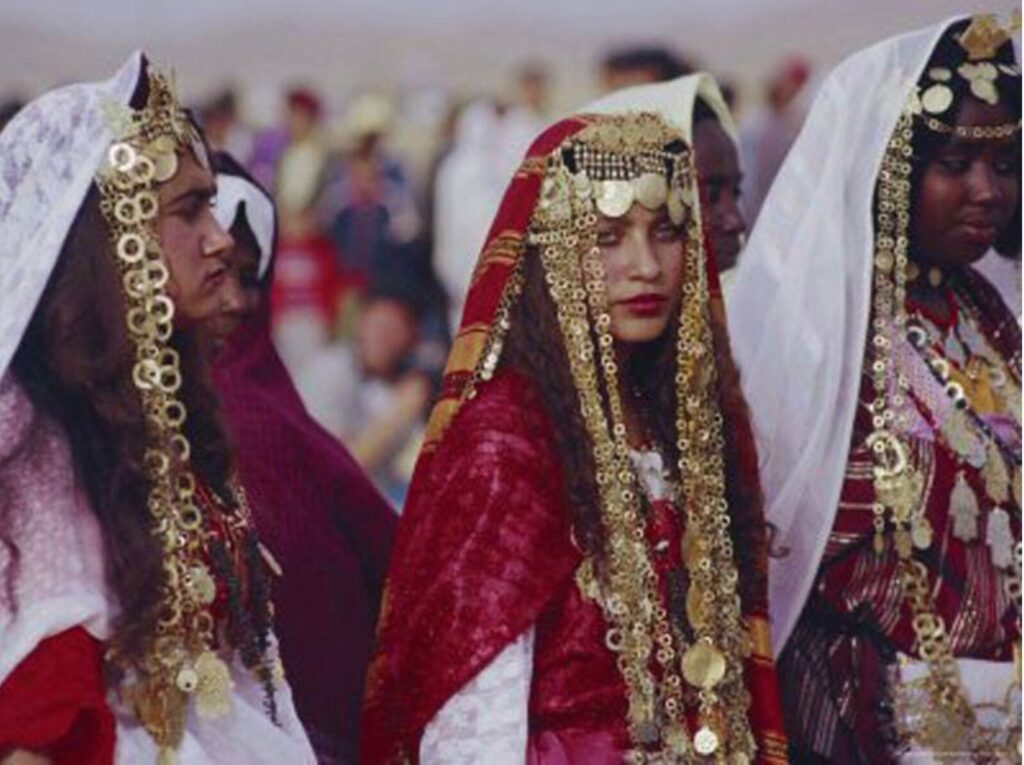
A Moroccan wedding is considered a sacred union and a community celebration that can last several days. Rooted in centuries of cultural traditions, these weddings combine Berber, Arab, and Andalusian influences.
From the henna ceremony to the dazzling bridal entrance known as the Amaria (a traditional bridal carriage), each stage of the wedding carries meaning. Guests are treated to a sensory journey filled with perfumes, music, and culinary delights.
For travelers visiting Morocco, witnessing such a wedding is like stepping into a living story, where every ritual reveals the depth of Moroccan culture.
Must-See Rituals and Traditions at a Moroccan Wedding
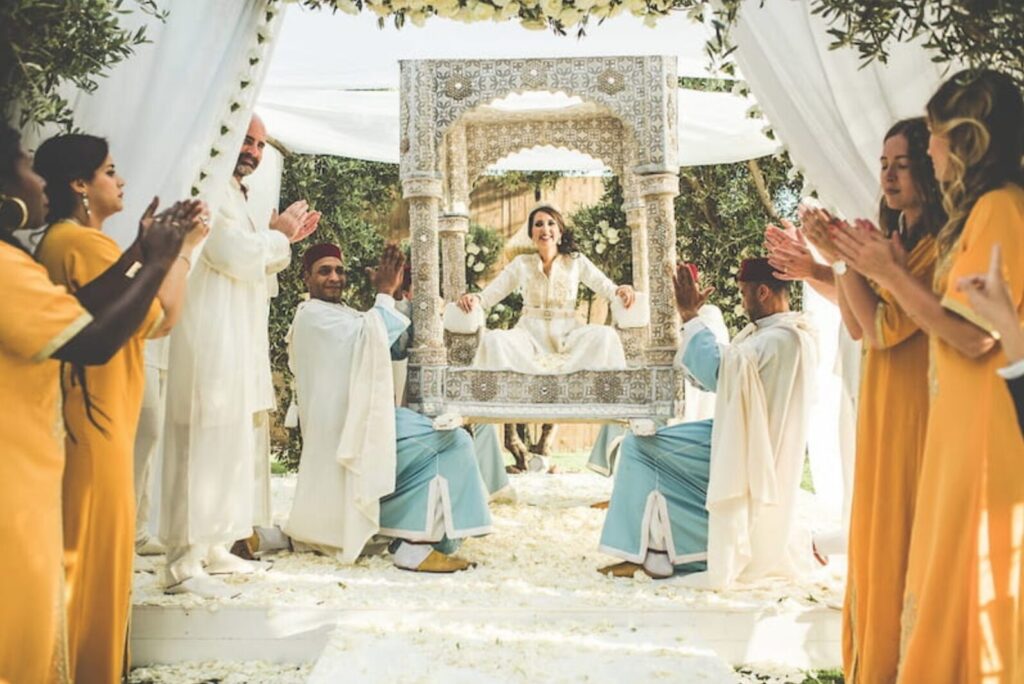
The Henna Ceremony
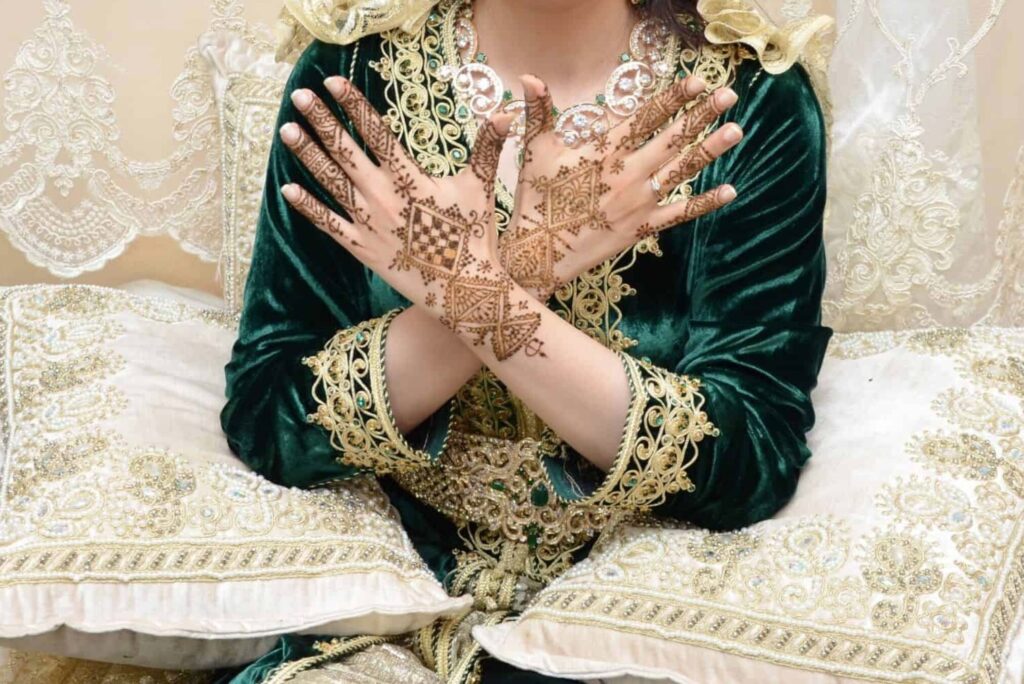
One of the most iconic rituals is the henna night, usually held a day or two before the wedding. The bride’s hands and feet are decorated with intricate henna designs symbolizing luck, beauty, and protection against evil spirits.
The Bridal Attire
Moroccan brides wear multiple caftans, each representing a city or region, such as Fes, Rabat, or Marrakech. The highlight is the Takchita, a luxurious gown adorned with embroidery and sequins. Grooms often wear a traditional djellaba or jabador, reflecting elegance and heritage.
The Amaria Entrance
A breathtaking moment in a Moroccan wedding is when the bride is carried into the hall in the Amaria. Accompanied by music, ululations, and dancing, this spectacle leaves guests in awe.
Music and Dance
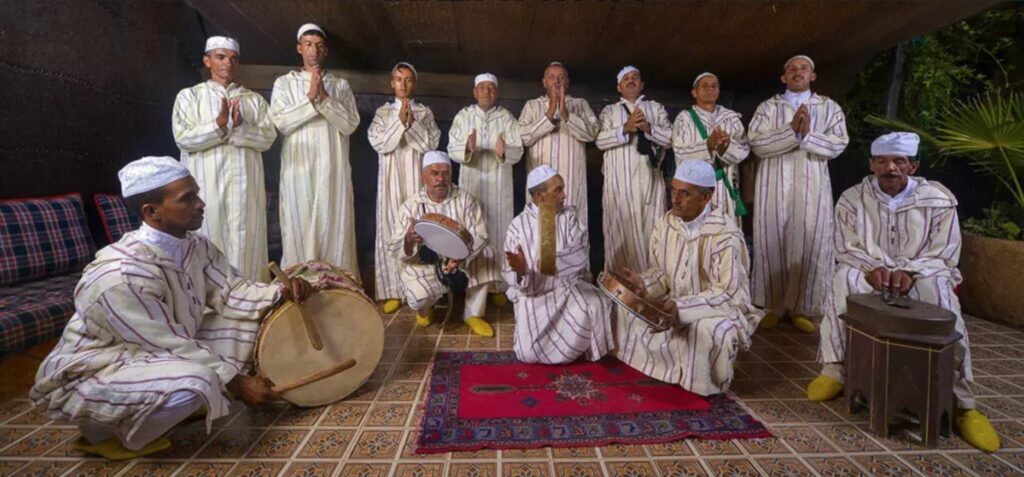
Traditional Moroccan music such as Aissawa or Gnawa rhythms set the atmosphere. Guests join in with clapping, singing, and dancing, creating a festive and inclusive environment.
The Feast
No Moroccan wedding is complete without a royal banquet. Dishes often include pastilla (a savory-sweet pie), tagines, roasted lamb, and of course, endless cups of Moroccan mint tea.
Travel Tips and Cultural Insights
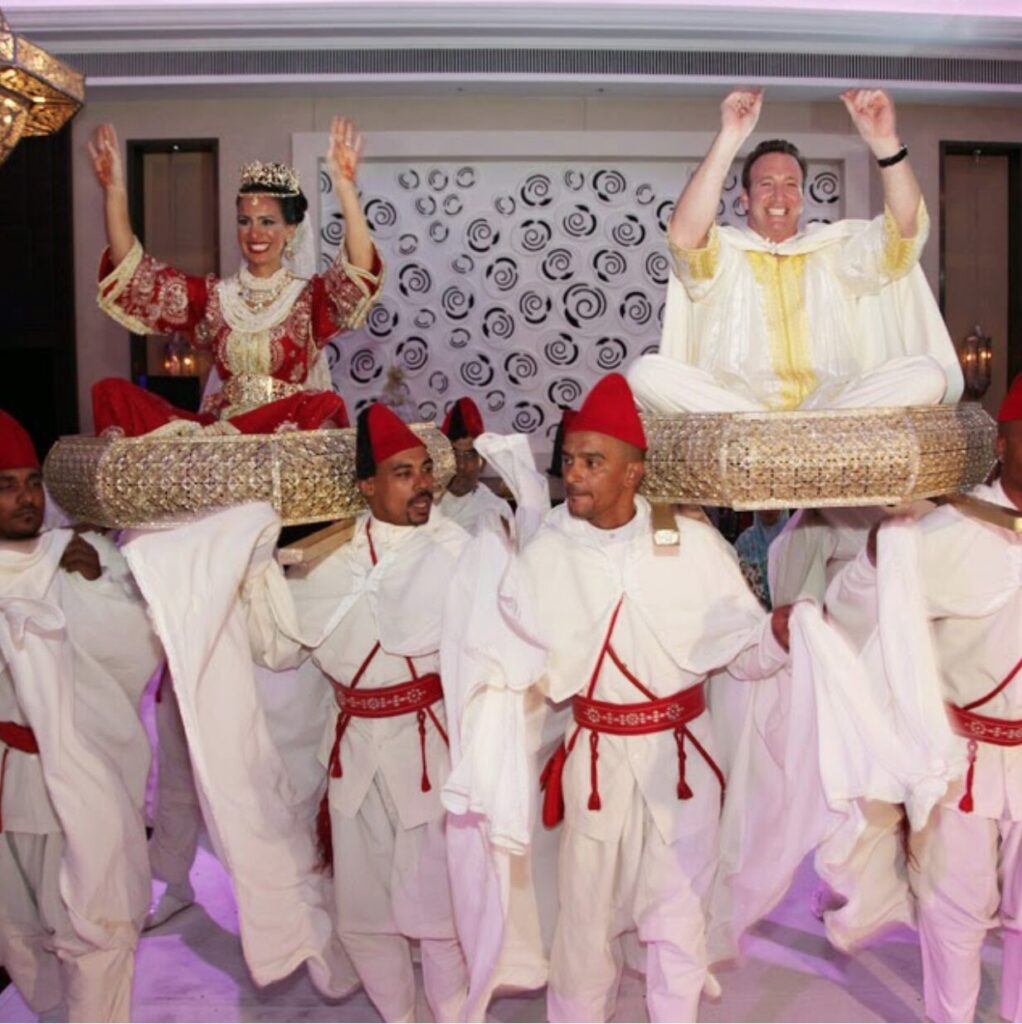
Dress Code for Guests
If you are invited to a Moroccan wedding, wear something elegant. Women often wear caftans or long dresses, while men can choose a suit or a traditional djellaba.
Gifts
It is customary to bring a gift, often in the form of money or gold jewelry, to support the couple as they begin their new life together.
Respecting Traditions
Many weddings blend modern and traditional practices, but respect for customs such as prayer times, family hierarchy, and modesty is important.
Photography Etiquette
While weddings are lively and photogenic, always ask permission before taking photos of the bride, groom, or guests.
Real-World Stories: A Traveler’s Perspective
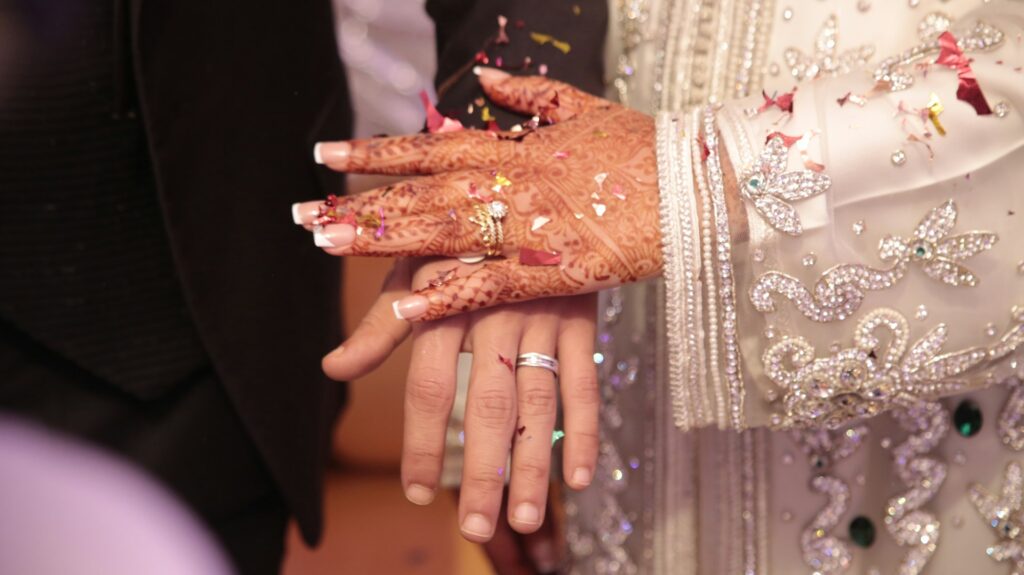
Visitors to Morocco often say that attending a Moroccan wedding is the highlight of their trip. One traveler from France described the experience:
“It was like stepping into a fairy tale. The music, the food, the bride’s dresses – everything felt magical. The hospitality was overwhelming, and I felt part of the family, even as a guest from abroad.”
These weddings are not only personal celebrations but also windows into Moroccan values of community, family, and generosity.
Seasonal Insights and Recommendations
Moroccan weddings take place year-round, but spring and summer are the most popular seasons. During these times, the weather is pleasant, and outdoor venues such as gardens, riads, or desert camps create unforgettable backdrops.
Travelers planning a trip should note that wedding invitations may extend for multiple days, often including pre-wedding ceremonies. Staying flexible with your schedule ensures you can experience the full celebration.
FAQ: Moroccan Wedding – A Cultural Journey of Love and Tradition
What makes a Moroccan wedding unique?
The combination of colorful outfits, traditional rituals, live music, and multi-day festivities makes Moroccan weddings stand out compared to Western ceremonies.
How long does a Moroccan wedding last?
A Moroccan wedding often lasts three to seven days, depending on family traditions and regional practices.
Can tourists attend a Moroccan wedding?
Yes, but usually only if invited by locals. Many Moroccan families warmly welcome foreign guests, offering them a chance to experience the culture firsthand.
What food is served at a Moroccan wedding?
Guests enjoy elaborate dishes such as roasted lamb, chicken with preserved lemons, couscous, and pastries like chebakia and briouats.
Is there a specific dress code for Moroccan weddings?
Guests are encouraged to wear elegant, modest clothing. Women often choose caftans or long gowns, while men may wear suits or traditional attire.
Conclusion
A Moroccan wedding is much more than a ceremony – it is a cultural journey filled with love, heritage, and vibrant traditions. From the henna night to the grand feast, every detail reflects Morocco’s rich identity and sense of community.
For travelers, being part of such a celebration is a rare privilege – one that offers insight into Moroccan life beyond monuments and landscapes. Whether you attend as a guest or simply admire from afar, Moroccan weddings are an unforgettable expression of joy and tradition.
– Ready to experience Morocco’s culture beyond sightseeing? Start planning your journey and discover the magic of Moroccan traditions firsthand!

